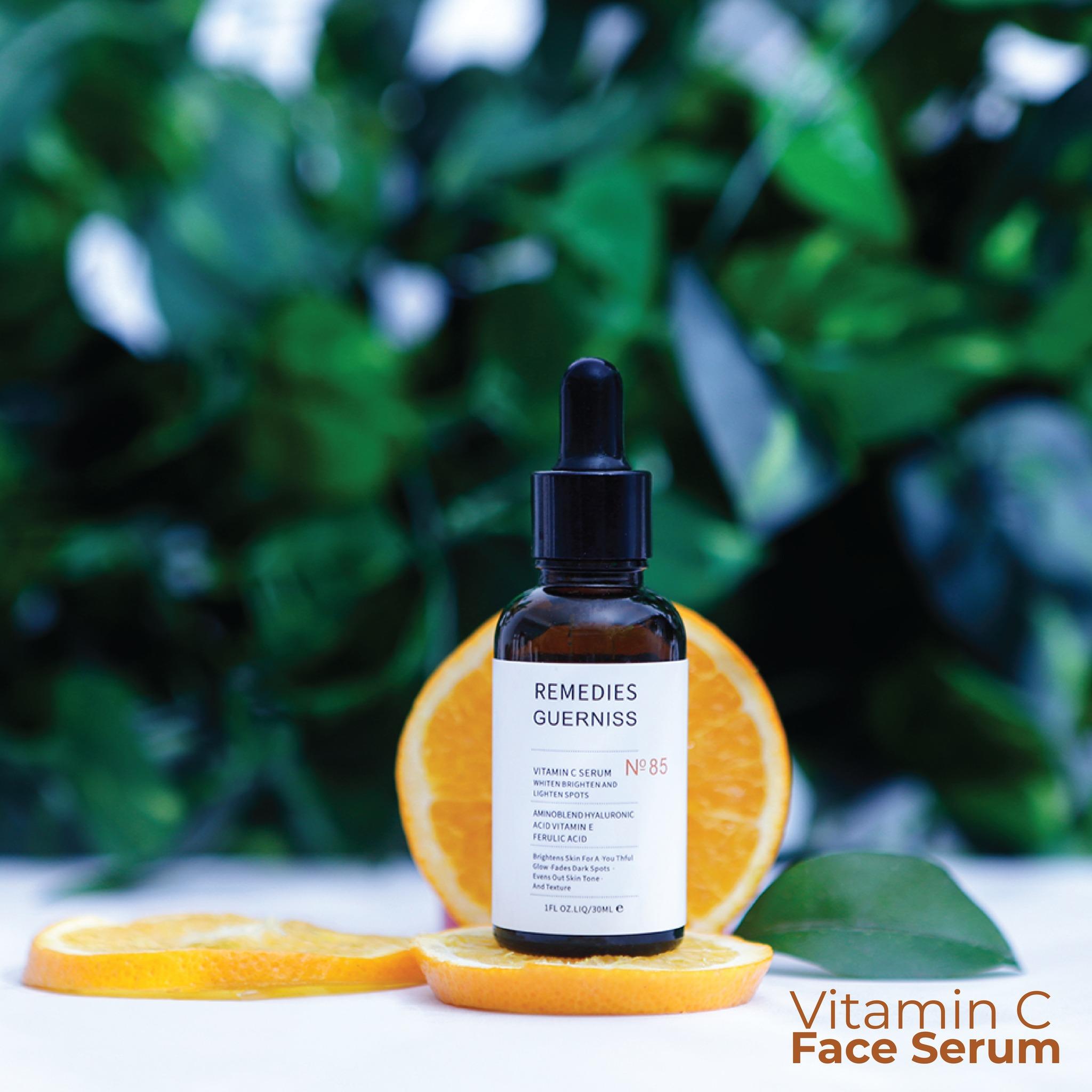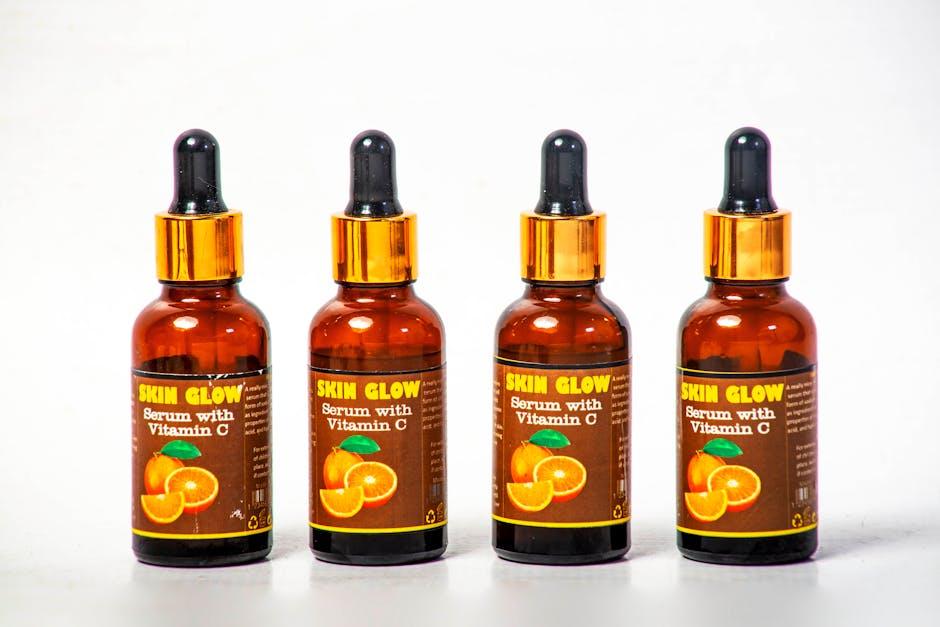Imagine a world where your skin glows with the brilliance of a thousand sunrises, where fine lines and blemishes are but distant memories, and where your complexion radiates health and vitality. Welcome to the transformative realm of skincare-tips-to-keep-your-skin-glowing/” title=”Quick and Easy Skincare Tips to Keep Your Skin Glowing”>Vitamin C in skincare. This humble yet powerful nutrient has long been celebrated for its role in boosting our immune systems, but its benefits extend far beyond just keeping the sniffles at bay. In the world of beauty and skincare, Vitamin C emerges as a luminous star, offering a plethora of advantages that promise to elevate your daily regimen to new heights. Join us as we delve into the science, the benefits, and the magic that Vitamin C can bring to your skincare routine.
Brightening Your Complexion: How Vitamin C Can Help
Vitamin C is a powerhouse antioxidant that can do wonders for your skin’s radiance. Incorporating it into your skincare routine can help in several ways:
- Reduces Hyperpigmentation: Vitamin C inhibits the enzyme tyrosinase, which helps to fade dark spots and even out your skin tone.
- Boosts Collagen Production: This essential nutrient stimulates collagen synthesis, resulting in firmer, plumper skin.
- Fights Free Radicals: As an antioxidant, Vitamin C neutralizes free radicals, protecting your skin from environmental damage and premature aging.
By regularly using Vitamin C serums or creams, you can achieve a brighter, more youthful complexion, making it a must-have in any effective skincare regimen.

Fighting Free Radicals: The Antioxidant Power of Vitamin C
One of the most compelling benefits of Vitamin C in your skincare routine is its ability to combat free radicals. These unstable molecules can wreak havoc on your skin, leading to premature aging, fine lines, and dullness. Vitamin C acts as a powerful antioxidant, neutralizing these harmful agents and providing a shield of protection for your skin.
Incorporating Vitamin C into your skincare regimen can lead to:
- Brighter Complexion: Regular use can lighten dark spots and even out your skin tone.
- Improved Collagen Production: Vitamin C promotes collagen synthesis, which is essential for maintaining skin elasticity and firmness.
- Reduced Inflammation: Its anti-inflammatory properties can soothe irritated skin and reduce redness.

Incorporating Vitamin C: Best Practices for Daily Use
To fully harness the transformative power of Vitamin C in your skincare routine, it’s crucial to adopt a few key practices. Begin by choosing a high-quality Vitamin C serum with a concentration of 10-20%. This ensures efficacy while minimizing potential irritation. Morning application is generally recommended since Vitamin C can protect your skin from environmental stressors throughout the day.
- Layering: Apply your Vitamin C serum after cleansing and toning, but before moisturizing and sunscreen.
- Storage: Keep your serum in a cool, dark place to prevent oxidation and maintain its potency.
- Consistency: Use it daily to see long-term benefits, but introduce it gradually if you have sensitive skin.
Additionally, combining Vitamin C with other antioxidants like Vitamin E can amplify its protective effects. By following these best practices, you can ensure that your skin reaps the maximum benefits from this powerhouse ingredient.

Choosing the Right Product: What to Look for in Vitamin C Serums
When it comes to integrating Vitamin C serums into your skincare routine, selecting the right product is essential for reaping maximum benefits. Key factors to consider include:
- Concentration: Opt for serums with a Vitamin C concentration between 10-20% for effective results without irritating your skin.
- Form of Vitamin C: Look for stable and effective forms like L-ascorbic acid, sodium ascorbyl phosphate, or magnesium ascorbyl phosphate.
- Packaging: Choose products in dark, opaque bottles to protect the serum from light and air, which can degrade its potency.
- Ingredients: Ensure the serum contains complementary ingredients like Vitamin E and ferulic acid, which enhance the stability and efficacy of Vitamin C.
- Skin Type Compatibility: Make sure the formula is suitable for your skin type, whether it’s oily, dry, or sensitive.
By paying attention to these factors, you’ll be better equipped to find a Vitamin C serum that meets your skincare needs and helps you achieve a radiant, youthful complexion.






































